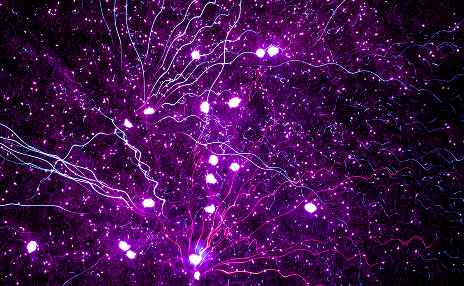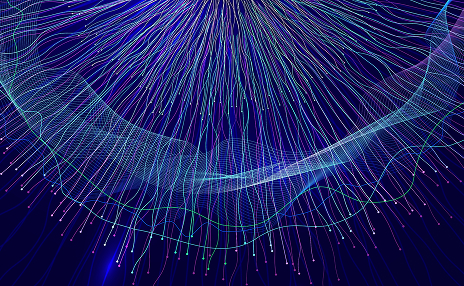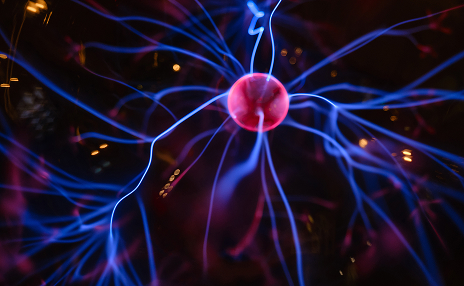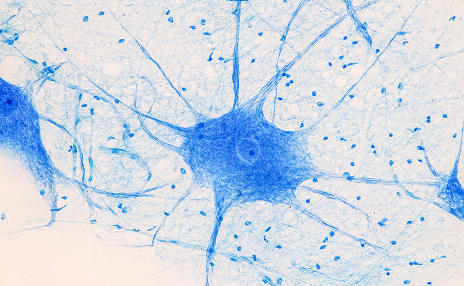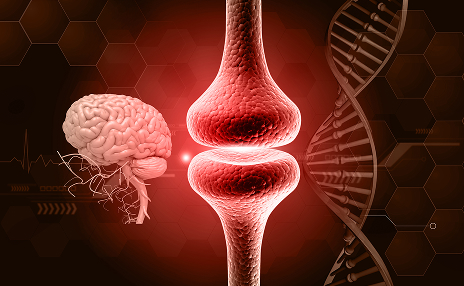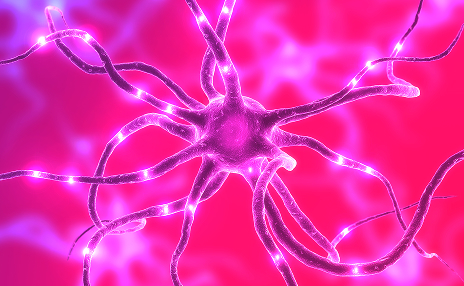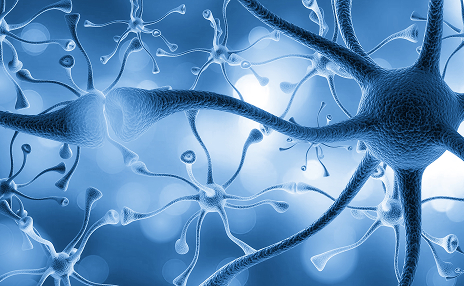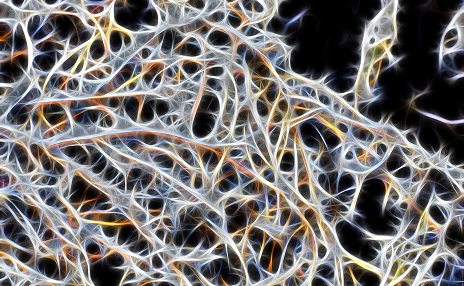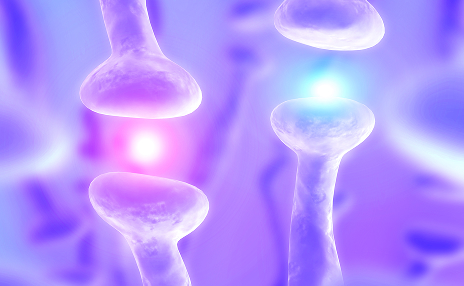Tardive dyskinesia (TD) is a hyperkinetic movement disorder resulting from chronic exposure to antipsychotics.
Supported by an educational grant from Neurocrine Biosciences, Inc.
Posters
All Posters
There is limited understanding of how tardive dyskinesia (TD) affects individuals with different underlying psychiatric conditions.
Once-daily valbenazine is approved for tardive dyskinesia (TD) and Huntington’s disease (HD) chorea.
Valbenazine is a once-daily medication approved for the treatment of tardive dyskinesia (TD) and chorea associated with Huntington’s disease.
Tardive dyskinesia (TD) can profoundly impact patients’ daily functioning and overall quality of life, making appropriate diagnosis and management critical.
Once-daily valbenazine is approved for tardive dyskinesia (TD) and chorea associated with Huntington’s disease (HD).
Tardive dyskinesia (TD) significantly impacts quality of life (QoL) beyond movement symptoms.
Tardive dyskinesia (TD) is a potentially disabling involuntary movement disorder due to dopamine receptor-blocking agent exposure and can impair physical, psychological, functional, and socio-emoti
Tardive dyskinesia (TD) is a movement disorder associated with prolonged exposure to dopamine receptor blocking agents that can significantly impact one’s quality of life (QoL).
Deutetrabenazine demonstrated clinically significant improvements in Abnormal Involuntary Movement Scale (AIMS) scores in 12-week pivotal tardive dyskinesia (TD) trials (ARM-TD [NCT02195700]/AIM-TD

